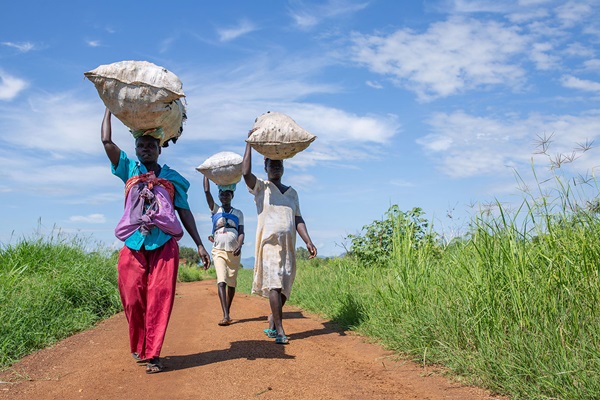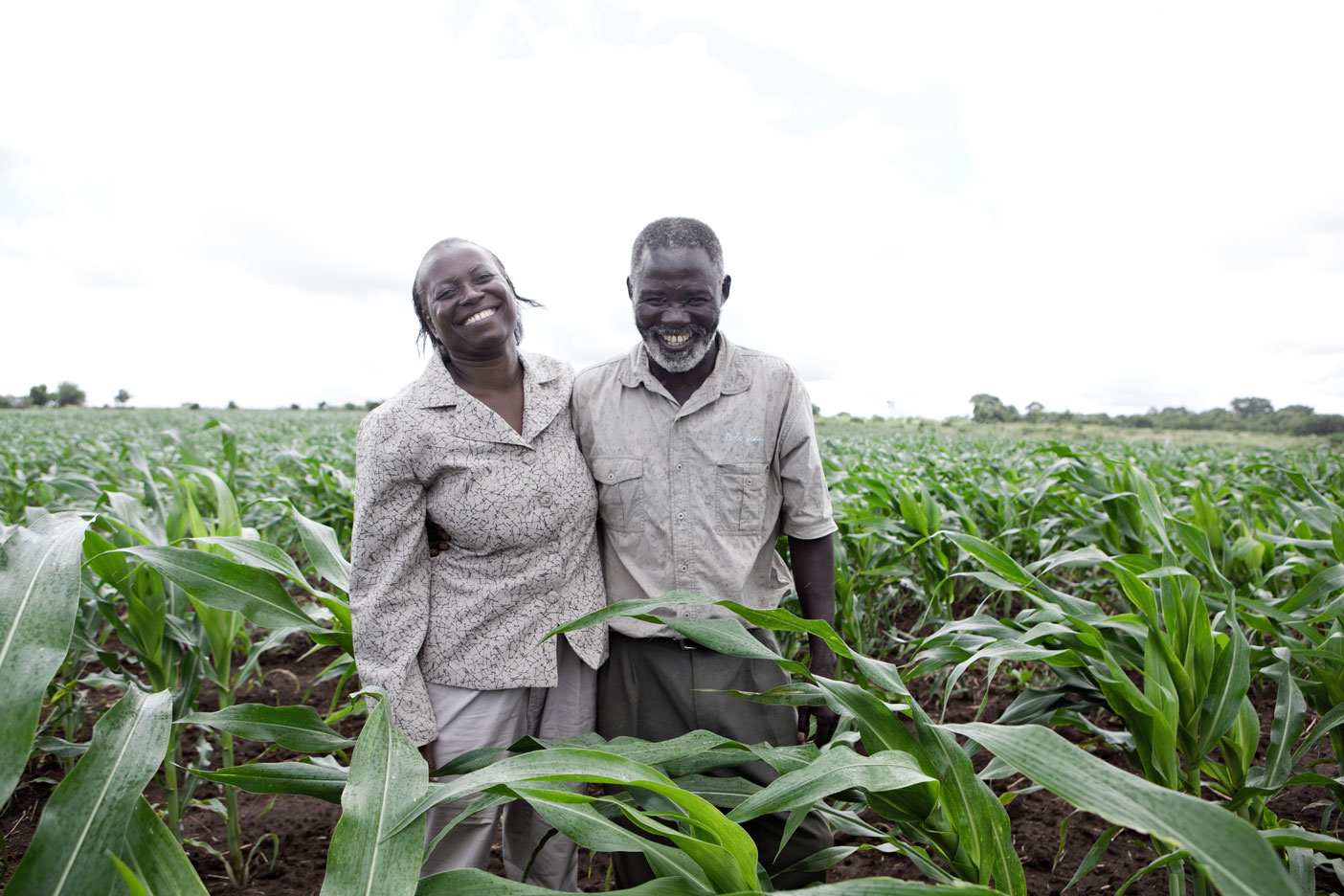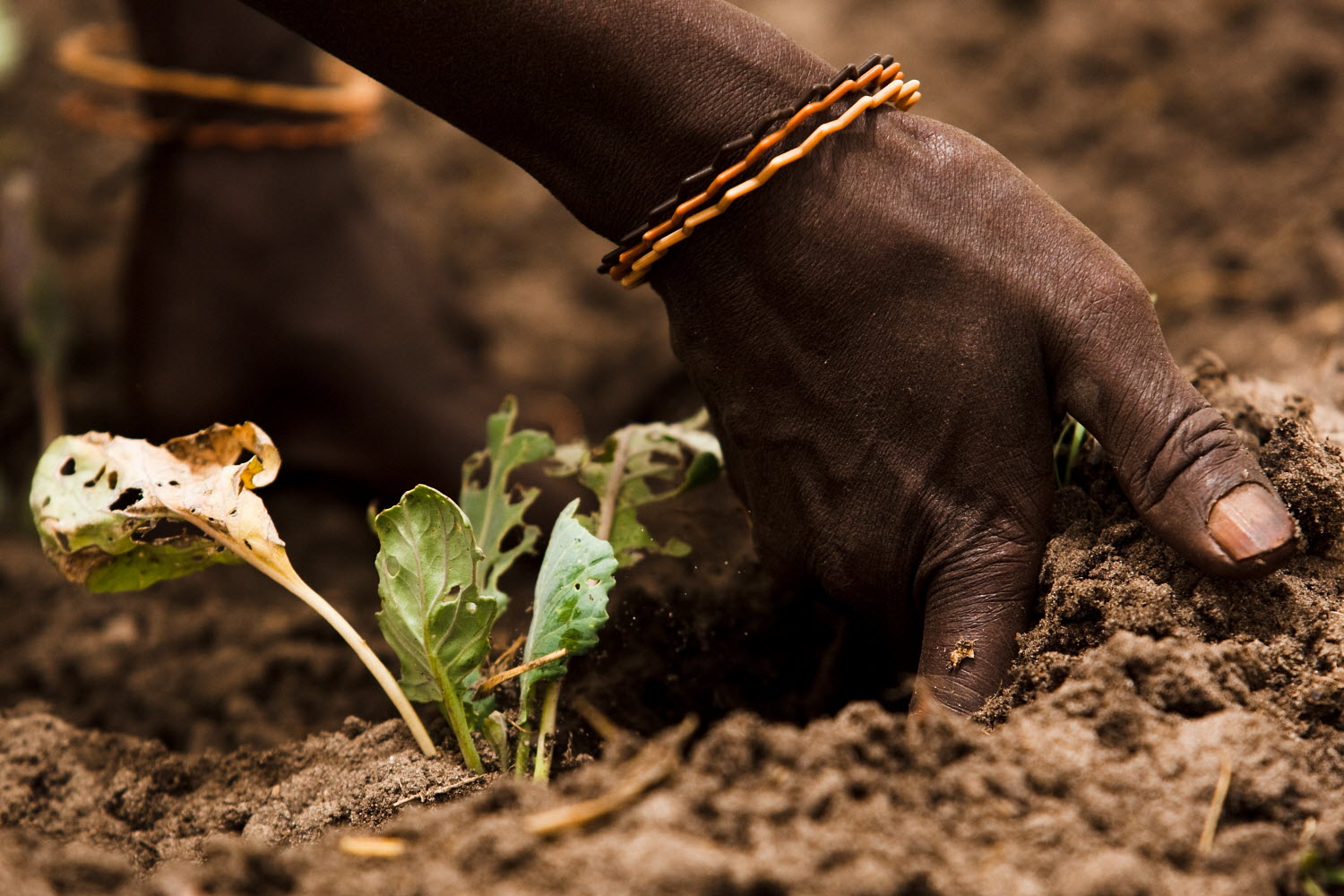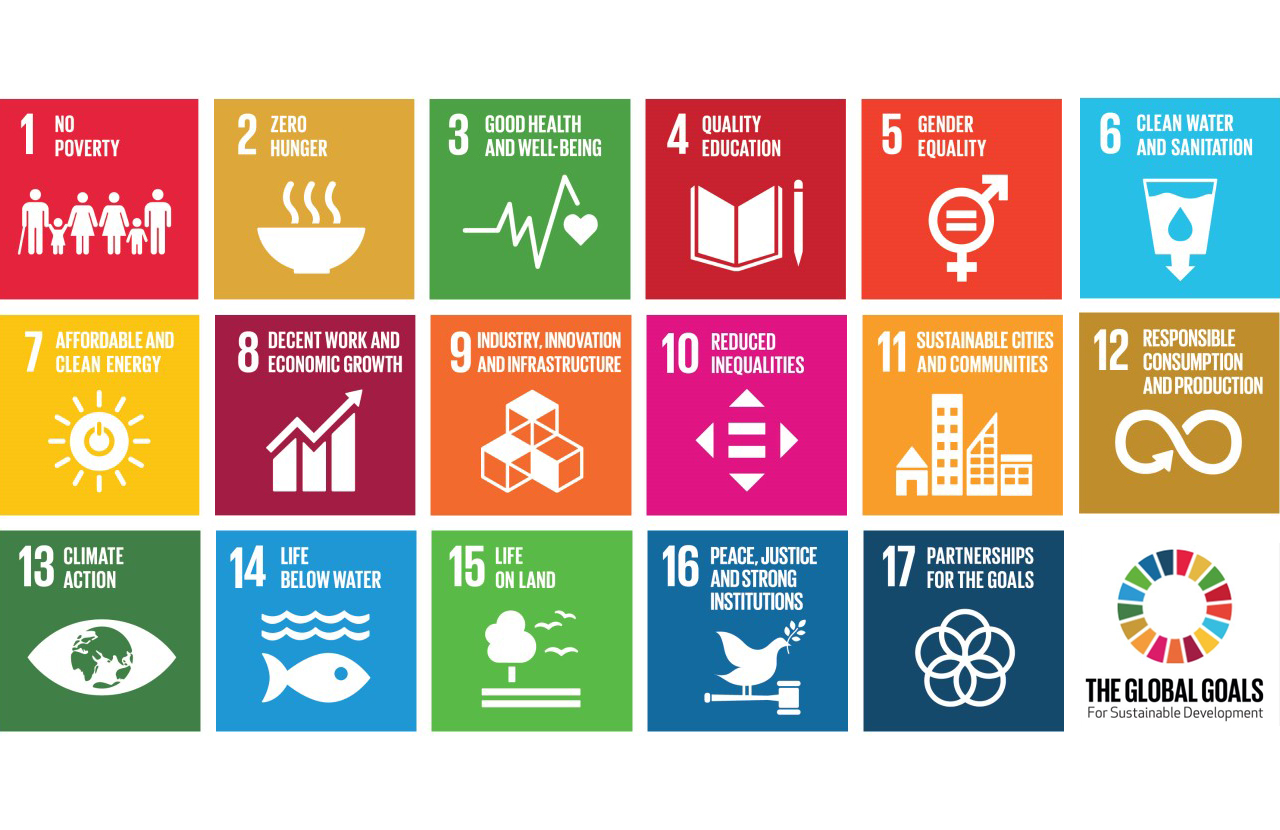
Indicator 2.3.2 Average income of small-scale food producers, by sex and indigenous status
This indicator refers to the average income of small-scale food producers employed in the farming, pastoral and forestry sectors. Data will be disaggregated by sex and indigenous status. The indicator will measure progress towards SDG Target 2.3.
Target 2.3
By 2030, double the agricultural productivity and incomes of small-scale food producers, in particular women, indigenous peoples, family farmers, pastoralists and fishers, including through secure and equal access to land, other productive resources and inputs, knowledge, financial services, markets and opportunities for value addition and nonfarm employment.
Indicator 2.3.2: Progress Assessment
Impact
Together with indicator 2.3.1, it offers a complete breakdown of who small-scale producers are, what they earn and how much they produce. These indicators are vital for government efforts to drive the nation’s economy, eliminate hunger and poverty and reduce inequality.Key results
The incomes of small-scale food producers continue to lag behind those of their larger-scale counterparts, with an average annual income less than half that of large-scale food producers in 90 percent of the reported countries.
According to the latest available country figures, the incomes of small-scale food producers continue to lag behind those of larger-scale producers. In the majority of countries reported (64.4 percent), the small-scale food producer annual income from agriculture is less than USD 1 500 (constant PPP 2017) while in all of them, it is less than 4 500 USD (constant PPP 2017). In addition, in 90 percent of reported countries, small scale food producers show an average annual income of less than half that of large-scale food producers.
Among small-scale food producers, the income of men-headed production units is systematically larger than the income of those headed by women. In about half of the countries with available data, women-headed small-scale food production units gained an income of between 50 and 75 percent of the income of those headed by men. Despite the fact that the productivity of women is on par with that of men, their income is much lower.
Elearning

SDG Indicators 2.3.1 and 2.3.2 - Labour Productivity and Income of Small-scale Food Producers
02/06/2023
This course has been developed to support countries in computing and monitoring Indicators
Multimedia
SDG 2 – Indicators of productivity and income of small-scale food producers
01/01/2019
An overview of SDG indicators 2.3.1 and 2.3.2, measuring productivity and income of small-scale food producers.
Tracking progress on food and agriculture-related SDG indicators (2022)
01/09/2022
Tracking progress on food and agriculture-related SDG indicators offers detailed analyses and trends on selected indicators for which...
Capacity development
Methodology
- Metadata
- Methodology for computing and monitoring the Sustainable Development Goal Indicators 2.3.1 and 2.3.2












